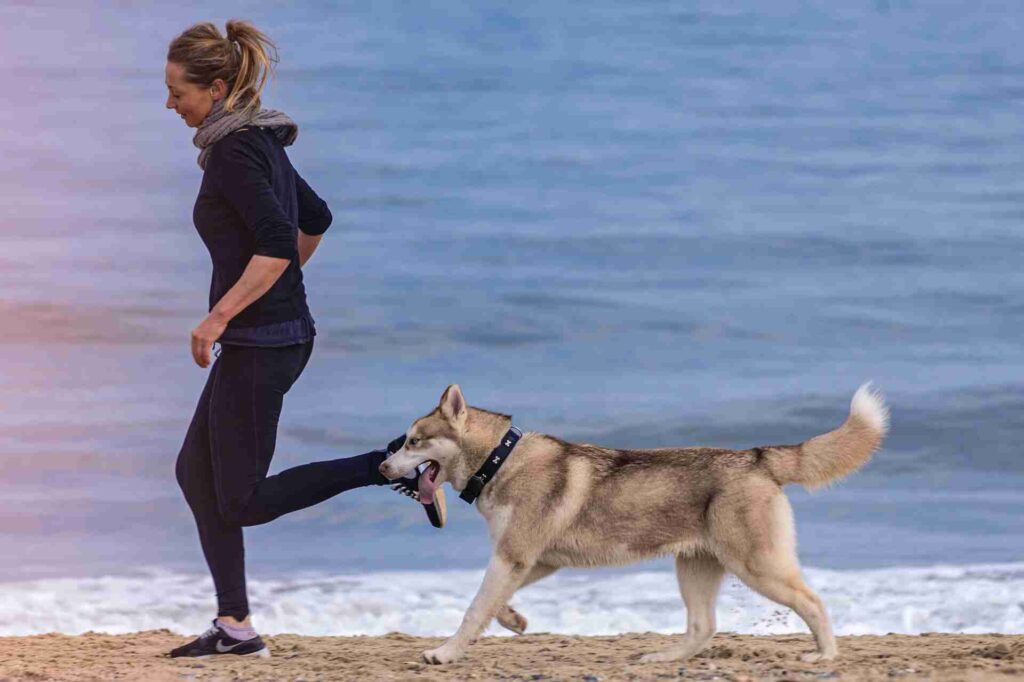
Pet ownership brings immense joy and companionship to our lives. However, it also comes with responsibilities and challenges. Coaching and training play a crucial role in ensuring a positive and fulfilling experience for both pets and their owners. Pet owners can develop the necessary skills and knowledge to provide their furry friends with a loving and nurturing environment through practical guidance and education.
Understanding the Benefits of Coaching and Training
Coaching and training programs offer numerous benefits for both pets and owners. They promote effective communication, enhance the human-animal bond, and create a harmonious living environment. Owners can address behavioral issues, reduce stress, and improve overall well-being by learning how to communicate effectively with their pets. Furthermore, training helps pets develop essential skills, such as obedience and socialization, enabling them to be well-behaved and confident companions.
Choosing the Right Coaching and Training Approach
When it comes to coaching and training, selecting an approach that aligns with the pet’s needs and the owner’s preferences is essential. Positive reinforcement training involves rewarding desired behaviors and has proven highly effective and humane. This method focuses on encouraging and rewarding good behavior rather than punishing unwanted actions, creating a positive learning experience for pets. Additionally, seeking professional guidance from certified trainers or behaviorists can provide valuable expertise and tailored training programs for specific needs.
Basic Training Techniques for Pet Owners
A few fundamental techniques can set a solid foundation for pet owners looking to start their training journey. These include:
- Consistency and Positive Reinforcement: Consistency in training methods and using positive reinforcement, such as treats, praise, or play, when the pet exhibits desired behaviors, helps reinforce those actions.
- Basic Commands: Teaching basic commands like sit, stay, come, and heel can greatly enhance a pet’s obedience and safety, both at home and in public spaces.
- Socialization: Exposing pets to various environments, people, and other animals from an early age helps them develop appropriate social skills and reduces fear or aggression towards unfamiliar situations.
Addressing Behavioral Challenges
Coaching and training also play a significant role in addressing behavioral challenges that pets may exhibit. Whether it’s excessive barking, separation anxiety, or destructive behavior, understanding the underlying causes and implementing targeted training techniques can help modify and manage these issues effectively. Seeking professional advice is crucial in complex cases to ensure appropriate strategies are implemented.
Continuous Learning and Enrichment
Pet ownership is an ongoing learning experience. Beyond basic training, pet owners should engage in continuous learning and provide enrichment opportunities for their pets. This can include interactive toys, puzzle feeders, or participating in advanced training classes to further strengthen the human-animal bond and stimulate the pet’s mind.
Conclusion
Coaching and training are invaluable tools in nurturing responsible pet ownership. By investing time and effort into understanding their pets’ needs and implementing positive training methods, owners can create a loving, well-behaved, and contented companion. Whether through basic obedience training, addressing behavioral challenges, or continuous enrichment, coaching and training empower pet owners to provide a high quality of life for their beloved pets, leading to a rewarding and harmonious relationship.